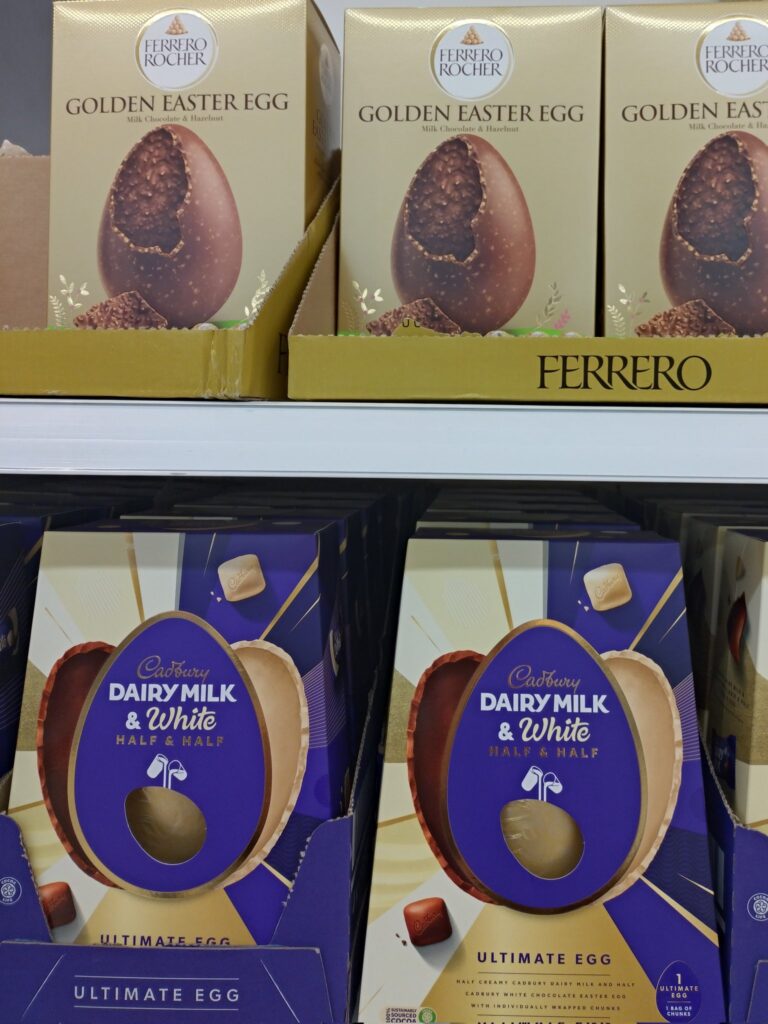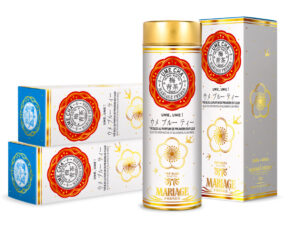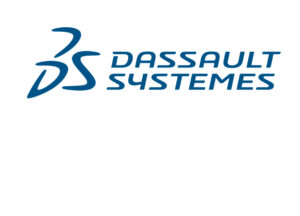ONE EASTER EGG AT A TIME: A FAIR DEAL FOR THOSE WHO GROW OUR CHOCOLATE

This Easter shoppers can do more than choose between a milk, dark or white chocolate egg, they have the power to make a major difference to the cocoa farmers.
The cocoa industry currently faces turmoil as the price of cocoa beans rockets and farmers face climate challenges amid continually changing weather patterns, which threaten the future of chocolate.
Consumers in the east of England clearly adore chocolate and 96% of local shoppers saying they buy at least one Easter egg during the festival.
Consumer research shows that taste and quality (46%) are the main priorities when east of England consumers are making a selection, with price (26%) and convenience (24%) other key factors.
As a nation, we are becoming more switched on when it comes to ethical consumption, but there is more work to be done. A fifth (21%) of us are eager to support products made to a high standard. Additionally, 18% believe in the importance of fair pay for farmers, and a further 18% only buy products that reflect their values around sustainability and climate change.
However, almost a third of east of England shoppers would overlook an ethical brand because we mistakenly assume that it costs more, and in the UK as a whole, one in nine (11%) don’t know what Fairtrade stands for, with one in 14 wondering if it supports the farmers who grow our cocoa.
Michael Gidney, CEO of the Fairtrade Foundation said: “If you’re planning to buy an Easter egg this weekend, make it a Fairtrade one. Cocoa farmers are facing a fourth successive year of crop losses caused by changes in climate. They tell us that it’s becoming very difficult to grow cocoa because rainfall patterns have changed, temperatures are rising and farming costs have gone up. When your crop fails, you lose your income. Fairtrade’s Minimum Price and Premium provide them with a safety net, with the aim of covering their farming costs and enabling investments so they can plan ahead and remain in business.
“Together, we can all help cocoa farmers become more resilient, one Easter egg at a time, by looking for the Fairtrade Mark when we are out shopping.”
In spite of producing three fifths of the world’s cocoa, many cocoa farmers in West Africa live below the extreme poverty line. Earning only 6% of the final value of a chocolate bar on average, they have little negotiating power and yet bear most of the risk. Poverty means they struggle with deforestation, gender inequality, and exploitation.
The Fairtrade Foundation is petitioning the UK Government to deliver the promised funding and legal changes to new laws to protect forests and farmers. The move comes ahead of secondary legislation of the Environment Act, which will come before Parliament this year and outlines further details on deforestation.
Gidney continued: “Under the banner of our 30th anniversary we will continue to advocate for climate justice. Our world is perhaps more dangerous now than it was 30 years ago: the climate crisis, global insecurity, rising costs and long-term low pricing continue to threaten farmers’ futures. That matters to us all.”
Fairtrade works to safeguard the livelihoods of smallholder farmers and any product bearing its logo must meet Fairtrade International’s rigorous standards. Fairtrade goods are also affordable and can be easily found on the high street.
While children are well versed in the traditions of Easter egg hunts – with each child expected to enjoy up to eight easter eggs over Easter[1] – 46% of parents have not talked to them about why fair terms of trade are so important, especially given the vulnerable position in which many farmers find themselves in West Africa.




